Blurry Vision? Here’s Why You Should Check for Cataracts
Wouldn’t it be nice if our vision stayed 20/20 forever? Unfortunately, as we age, it’s normal for our eyesight to decline. Most people eventually need glasses or contact lenses to correct their vision. Thankfully, in today’s world, eyewear has become as much a fashion statement as a functional tool.
But what if glasses or contact lenses don’t help? If your vision is becoming blurrier, and you’re noticing more glare or difficulty seeing at night, you might be dealing with a cataract. Seeing your optometrist is key to identifying the issue and finding the right treatment to keep your eyes healthy and your vision clear.
What Is a Cataract?
A cataract is a clouding of the lens in your eye caused by a buildup of proteins. While proteins are a normal part of your eye’s structure, they can sometimes clump together, reducing the amount of light that reaches your retina. This results in blurry or cloudy vision that typically worsens over time.
Understanding cataracts and their symptoms is the first step in addressing them effectively. Use this guide to learn more about cataracts, their causes, and how to prevent them from interfering with your life.
Symptoms of Cataracts
Cataracts develop gradually, and their symptoms can vary depending on their size and type. Early detection is crucial, as it can help prevent serious complications. Here are some common symptoms to watch for, from early signs to more advanced stages:
1. Blurry Vision
The first sign of a cataract is often a small blur in your vision. It may go unnoticed at first, especially if you already wear corrective lenses. Over time, this blur becomes more prominent, making your vision cloudy.
2. Discolored Lens
As cataracts grow, they can cause the lens of your eye to take on a yellow or brown tint. This can affect your ability to see certain colors, like blues and purples, though the change is often subtle and gradual.
3. Increased Glare and Halos
Cataracts can cause light to scatter as it enters your eye, leading to heightened glare from sunlight, lamps, or headlights. You might also notice halos—rings of light—around bright light sources.
4. Reduced Night Vision
The glare caused by cataracts can make it harder for your eyes to adjust to low-light conditions, like driving at night. This may eventually impact your ability to perform nighttime activities safely.
5. Frequent Prescription Changes
Cataracts can cause sudden or frequent changes in your glasses or contact lens prescription. Some people may also experience a temporary shift from farsightedness to nearsightedness, a phenomenon known as “second sight.”
6. Double Vision
As cataracts distort the way light enters your eye, you might experience double vision in one or both eyes.
7. Blindness
If left untreated, cataracts can lead to blindness. While this is rare in Canada due to accessible treatment, cataracts remain a leading cause of blindness worldwide.
How Can Cataracts Be Prevented?
While the exact causes of cataracts remain unknown, certain risk factors can increase your chances of developing them:
- Genetics
- Aging
- Diabetes
- Smoking or exposure to second-hand smoke
- Obesity
- Hypertension
- Prolonged UV exposure
- High alcohol consumption
- Previous eye injuries or surgeries
While you can’t change your genetics, there are steps you can take to lower your risk:
- Wear UV-protective sunglasses.
- Avoid smoking or limit alcohol consumption.
- Maintain a healthy diet and active lifestyle.
By taking care of your overall health and protecting your eyes, you can delay or even prevent the onset of cataracts.
Cataract Treatments
The good news? Cataracts are treatable, and early detection can help keep them from becoming a major issue. In the early stages, a new prescription for glasses may temporarily improve your vision.
For long-term relief, surgery is the only cure. Cataract surgery is one of the most common and successful procedures in Canada. The clouded lens is removed and replaced with a clear artificial lens, often leaving patients with little to no need for glasses afterward.
Think You Might Have a Cataract?
If you’ve noticed any of the symptoms listed above, don’t wait—schedule a visit with your optometrist. Early diagnosis and treatment can preserve your vision and help you maintain a high quality of life.
Your eyes work hard for you every day. Take care of them, and they’ll take care of you.




